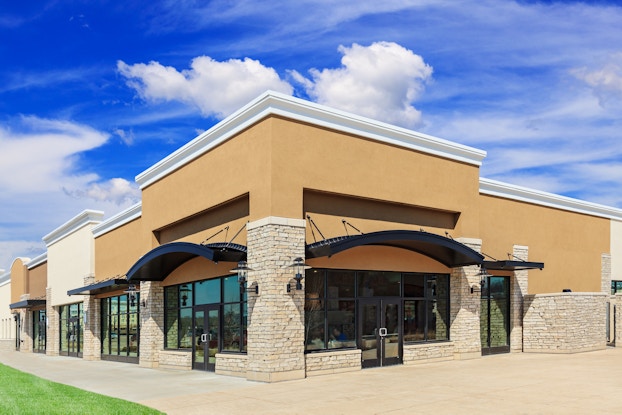
It’s estimated that about 543,000 new businesses are started in the United States each month. About 23% of small businesses in the United States are located in southern states. What makes these states attractive to new merchants?
There are a number of factors to consider when opening a new business. And not every location will be right for every entrepreneur — depending on your vertical, some cities will have more to offer in terms of consumer demand, startup resources, real estate and tax incentives. As you go through these questions, think about now they apply not only to a specific city, but also a neighborhood or even country. Here are just a few elements to consider when selecting a location in which to start your business.
What are the startup costs?
Startup costs, including the cost of business licenses and permits, registration and local taxes, vary from state to state. For instance, “Wyoming, Nevada, and South Dakota have no corporate or individual income tax (though Nevada imposes gross receipts taxes); Alaska has no individual income or state-level sales tax; Florida has no individual income tax; and New Hampshire, Montana, and Oregon have no sales tax.”


Some states and cities offer incentives that can lower the cost of doing business. When Amazon was shopping for a place to open their second headquarters, cities went above and beyond to attract the e-commerce giant (and its thousands of employment opportunities). Many cities and states recognize that small businesses are a powerful part of the community and will offer similar resources to help you get started.
Finally, consider some expenses that might add up over time. What are utility costs? What is the standard wage most of your workers will expect? What does the commute look like, and is there public transportation? These are startup costs that will continue to impact your budget as your business grows.
Who lives there?
Is there a market of consumers for the product or service you’re planning to offer? In their ranking of business-friendly cities, Movinga examined what the competition and demand was like for restaurants, tech and digital ventures and import/export startups. Do your competitor research to see what other small businesses are in a specific neighborhood and city. Look at the location’s overall economic health: “economic growth, job creation, and the health of the residential real estate market” can all provide insight into whether or not there are customers with disposable income to purchase from you.
Do your competitor research to see what other small businesses are in a specific neighborhood and city.
What’s the availability of real estate?
Some small business owners go through this process after launching a product online first. When that happens, the location, cost and availability of real estate becomes more critical. A city like New York is prohibitively expensive for many small business owners, yet there’s more opportunity to build a sustainable customer base in a big city than in a rural area. Refer to sites like LoopNet, which lists commercial real estate prices, or Zillow, which is geared toward homeowners.
Read more: Considering Opening a Retail Store? The Pros and Cons of Brick-and-Mortar Locations
What is the standard of living?
Obviously, when you move to a city or neighborhood, you have to live there too. Consider ways your standard of living will be impacted. What’s the commute like? What’s the crime rate? How good are the schools in your area? CNBC’s ranking of most attractive cities for SMBs considers “statewide anti-discrimination protections...local attractions, parks and recreation, as well as environmental quality.” Cost of living is another important factor, especially as you’re just getting off the ground. Look for a city where you won’t get burned out and can pursue your business idea without sacrificing your lifestyle.
[Read more: Need a New Office? Tips for Finding the Perfect Space]
CO— aims to bring you inspiration from leading respected experts. However, before making any business decision, you should consult a professional who can advise you based on your individual situation.
Want to read more? Be sure to follow us on LinkedIn!
CO—is committed to helping you start, run and grow your small business. Learn more about the benefits of small business membership in the U.S. Chamber of Commerce, here.







